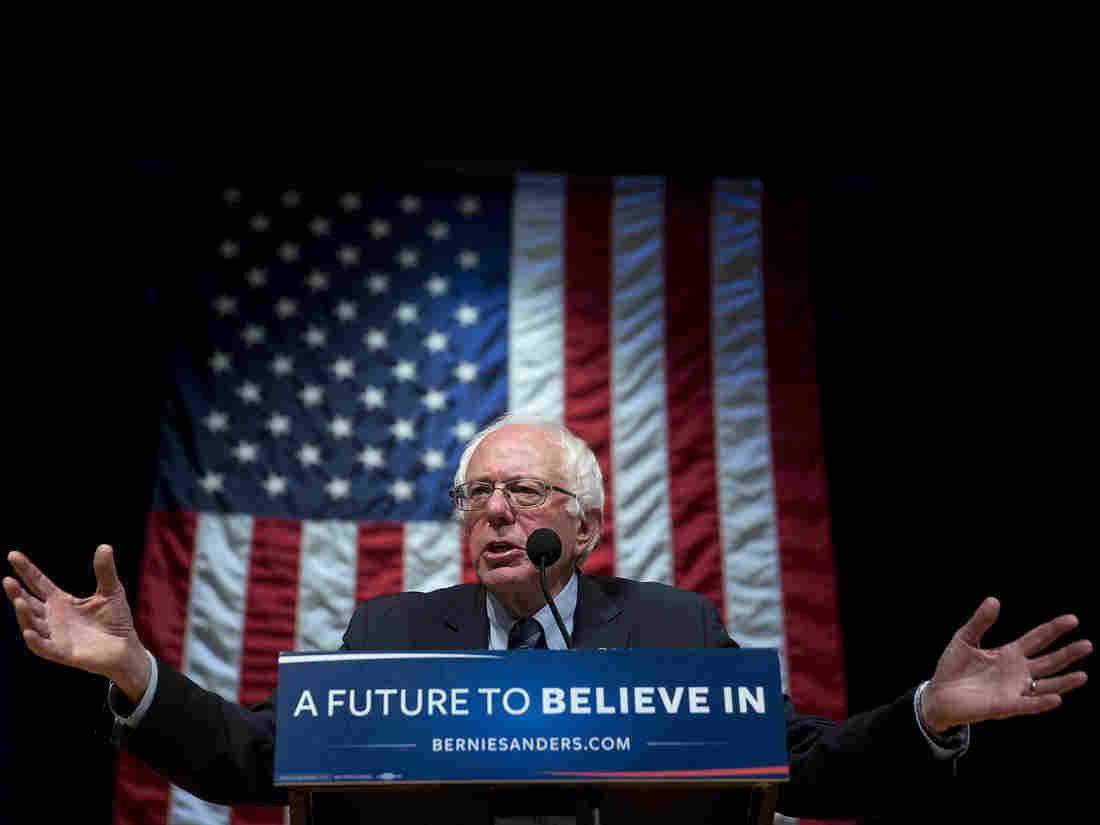Debate Sharpens Over Single-Payer Health Care, But What Is It Exactly?
Geege Schuman stashed this in Healthcare
Stashed in: Awesome, Rolling Stone!, Reference, Healthcare!, Bernie Sanders
Thank you for this definition of single payer:
A single payer refers to a system in which one entity (usually the government) pays all the medical bills for a specific population. And usually (though, again, not always) that entity sets the prices for medical procedures.
A single-payer system is not the same thing as socialized medicine. In a truly socialized medicine system, the government not only pays the bills but also owns the health care facilities and employs the professionals who work there.
The Veterans Health Administration is an example of a socialized health system run by the government. The VA owns the hospitals and clinics and pays the doctors, nurses and other health providers.
Medicare, on the other hand, is a single-payer system in which the federal government pays the bills for those who qualify, but hospitals and other providers remain private.
Would Medicare For All Be Just Like The Existing Medicare Program?
No, at least not as Sanders envisions it. Medicare is not nearly as generous as many people think. Between premiums (for doctor and drug coverage), cost-sharing (deductibles and coinsurance), and items Medicare does not cover at all (most dental, hearing and eye care), the average Medicare beneficiary still devotes an estimated 14 percent of all household spending to health care.
Sanders' plan would be far more generous, including dental, vision, hearing, mental health and long-term care, all without copays or deductibles (which has given rise to a lively debate about how to pay for it and whether middle-class families will save money or pay more).











5:52 PM Jan 22 2016